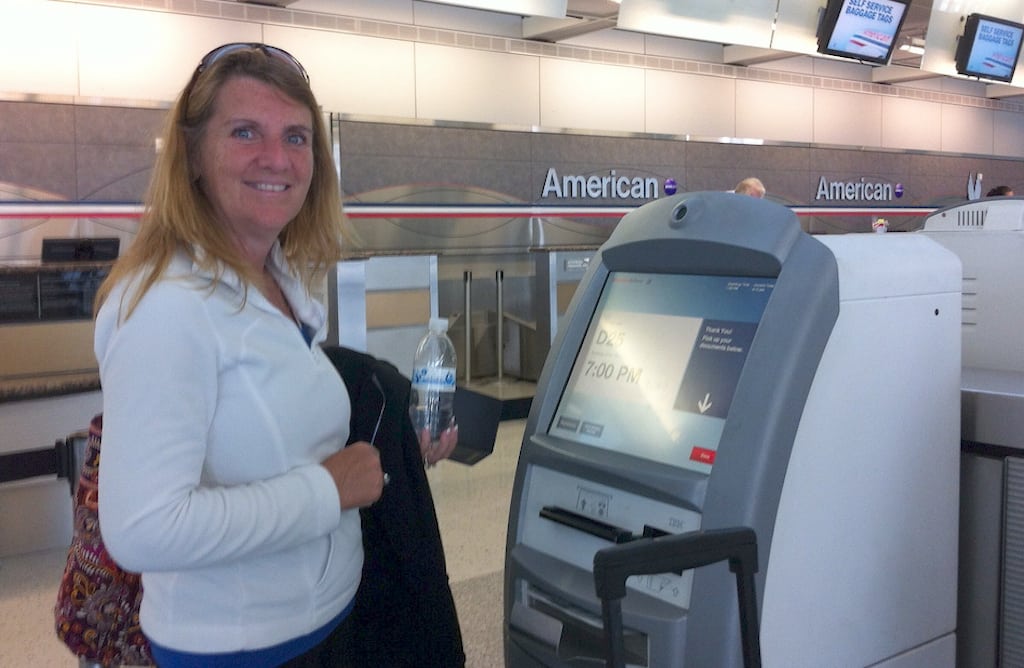Skift Take
Allowing airlines to wait a decade to give blind people limited access to airline kiosks seems profoundly unreasonable.
The National Federation of the Blind (NFB) doesn’t think new Department of Transportation rules on access to airline check-in kiosks go far enough so it filed a lawsuit today against the DOT.
The new regulations under the Air Carrier Access Act went into effect December 12, and they require 25% of airport check-in kiosks to be accessible to blind passengers within a decade.
The NFB alleges that restricting blind passengers’ access to the airport kiosks violated the law because Congress intended that the only permissible restrictions would be related to passenger safety.
“The technology to make airline check-in kiosks accessible to blind people is readily available; similar technology is already deployed on ATMs, other kiosks, and similar devices nationwide, and has been for many years,” says Marc Mauer, NFB president, who is one of the plaintiffs in the suit.
“Yet the Department of Transportation violated the law by allowing continued discrimination against blind passengers based on spurious assertions by the airline industry that making kiosks accessible will cost too much and take a decade.”
The NFB seeks a court declaration that the DOT violated the law by regulating airline kiosk access without congressional authority, and to set aside the new rule because it denies blind people’s full access to the kiosks.
The lawsuit was filed in U.S. District Court for the District of Columbia.
The Daily Newsletter
Our daily coverage of the global travel industry. Written by editors and analysts from across Skift’s brands.
Have a confidential tip for Skift? Get in touch
Photo credit: An American Airlines check-in kiosk at Dallas/Fort Worth International Airport. Grant Wickes / Flickr.com
